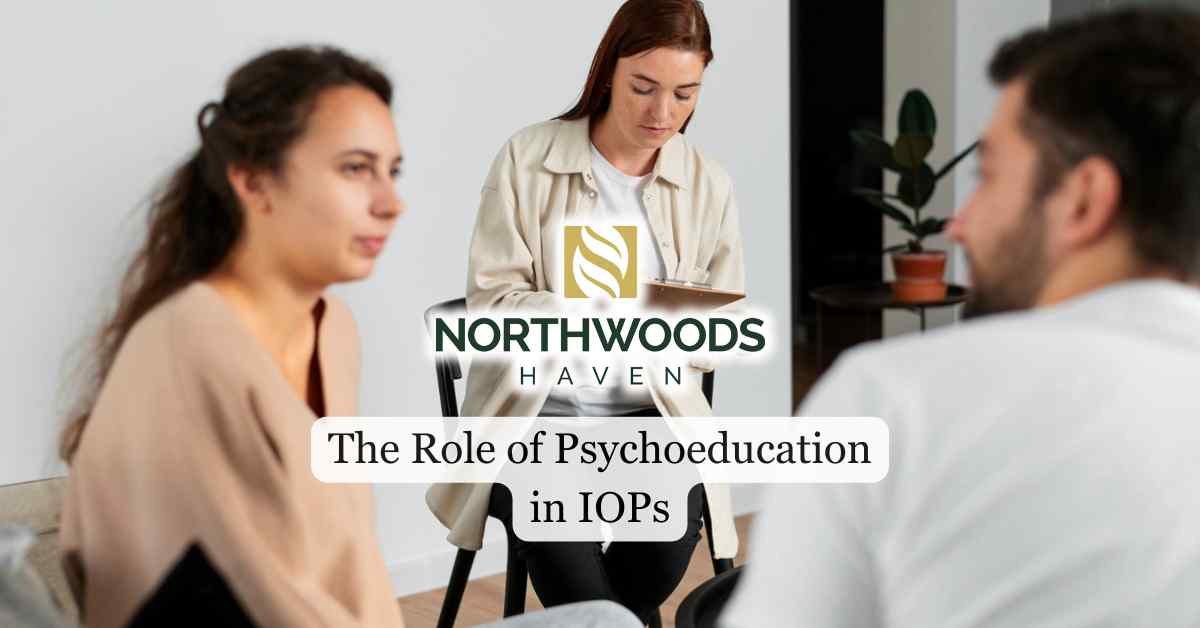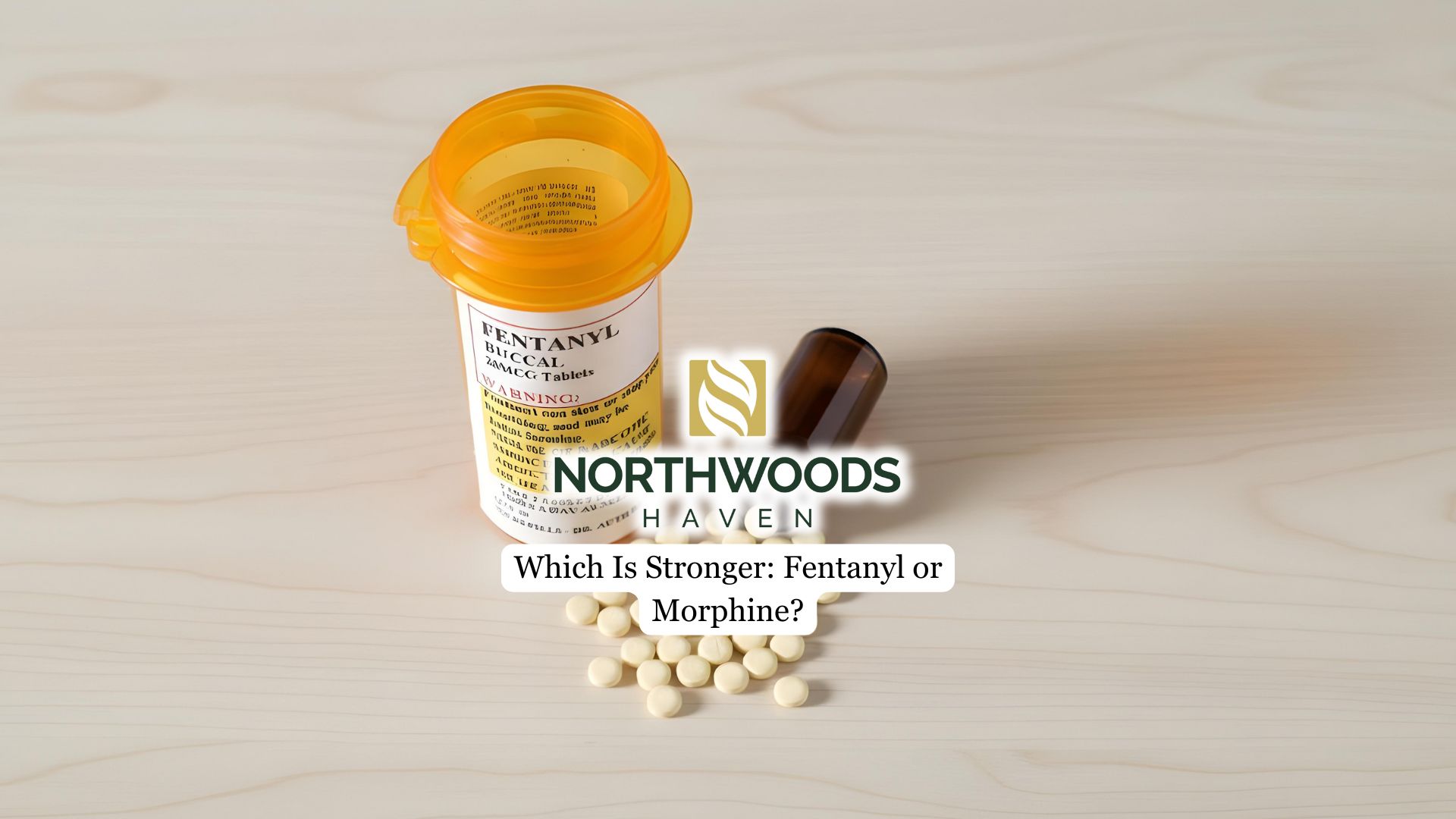Psychoeducation in IOPs plays a vital role in bridging the treatment gap and empowering individuals with substance dependency to actively participate in their recovery. By providing comprehensive knowledge, practical coping strategies, and involving family members, psychoeducation enhances treatment outcomes and improves overall well-being.
Comprehending the importance of this therapeutic method can assist both healthcare professionals and individuals in optimizing the efficacy of IOP treatment when tackling substance abuse and co-occurring mental health issues.
Understanding Psychoeducation
Psychoeducational programming is a therapeutic intervention that educates you about mental health conditions, aiming to enhance your understanding and coping mechanisms for effective management.
Psychoeducation equips you with valuable insights into your mental health, helping you identify triggers and develop effective coping strategies to navigate challenges along your recovery journey.
By integrating psychoeducation into IOPs, you’ll gain essential knowledge about conditions such as depression, anxiety, PTSD, and substance abuse. You’ll learn about various treatment options available and how to make informed decisions regarding your care.
Read more about the IOP services that we at Northwoods Haven offer for substance addiction, which seamlessly integrate psychoeducational sessions alongside the core evidence-based treatment methods:
Key Components
The components of psychoeducational programming include group therapy sessions, where you’ll find peer support and opportunities to share your experiences.
You’ll also benefit from skills training that offers practical techniques for managing symptoms and developing coping skills tailored to your individual needs.
Psychoeducational services in IOPs are structured to promote mindfulness and self-care, helping you build a strong foundation for long-term recovery. The curriculum covers various mental health topics, such as mood disorders, substance use disorders, and the impact of trauma.
You’ll gain a deeper understanding of these issues and learn effective strategies to cope with challenges.
Through educational workshops and interactive sessions, you’ll acquire the knowledge and tools necessary to navigate your recovery path.
Read more about the regular schedule of an IOP for addiction treatment and learn more about the complementary components you’ll go through during this form of treatment.

Specific Psychoeducational Topics in IOPs
These programs cover essential aspects of addiction and mental health treatment, such as mood disorders, substance use disorders, trauma, and coping strategies. By delving into these subjects, you’ll gain a deeper understanding of mental health conditions and how they impact your life.
You’ll learn about the nature of addiction, the psychological factors contributing to substance use, and the recovery process. Trauma-focused sessions will shed light on how past experiences shape current behaviors and emotional responses.
Throughout your psychoeducational journey, you’ll acquire valuable coping skills tailored to manage symptoms effectively. You’ll also explore overall well-being strategies, including healthy lifestyle choices, self-care practices, and mindfulness techniques.
By engaging in these educational sessions, you’ll be empowered to make informed decisions about your treatment and develop the tools necessary for long-term recovery and resilience.
Check out the key factors impacting your preparation for an IOP for addiction treatment to have a clear and confident start to your recovery journey
Benefits of Psychoeducation in IOPs
You’ll gain a deeper understanding of your mental health condition, empowering you to make informed decisions about your treatment and recovery journey. This knowledge fosters increased motivation and proactive engagement in your care plan.
Psychoeducation equips you with effective coping strategies to manage triggers and distressing emotions, promoting independence in your mental health management. You’ll learn practical tools to navigate challenges and maintain stability outside of the IOP setting.
Finally, psychoeducation enhances your support system by educating family members about mental health issues, fostering a more understanding and supportive environment.
It is more likely for IOP participants who receive psychoeducation to show improved treatment outcomes, better engagement, and reduced relapse rates post-treatment.
Future Directions in Psychoeducation for IOPs
Embracing technology, such as telehealth platforms, will expand the reach of psychoeducational resources, making them more accessible to a wider audience. You can expect to see tailored content that addresses the unique challenges faced by diverse patient demographics, ensuring that psychoeducation resonates with individuals from various cultural, age-related, and socioeconomic backgrounds.
Collaboration with family members and support systems will become increasingly important in future psychoeducational initiatives, as their involvement strengthens recovery support and understanding of mental health conditions.
As evidence continues to highlight the positive impact of psychoeducation on treatment outcomes, advocacy for its inclusion as a standard component in all IOPs will grow, promoting a more holistic approach to mental health care.
By incorporating interactive learning techniques and gamification, psychoeducational programming will become more engaging, helping participants retain information and apply it effectively in their recovery journey.
Final Thoughts from Northwoods Haven Recovery
While direct treatment interventions are undoubtedly important, neglecting the role of psychoeducation may limit the long-term success of IOPs in helping patients achieve and maintain recovery.
At Northwoods Haven, we are dedicated to offering state-of-the-art, research-backed treatment that incorporates comprehensive psychoeducational programs. Our team of skilled addiction professionals is here to support you through every stage of the journey, making sure you have the knowledge and assistance necessary to flourish.



